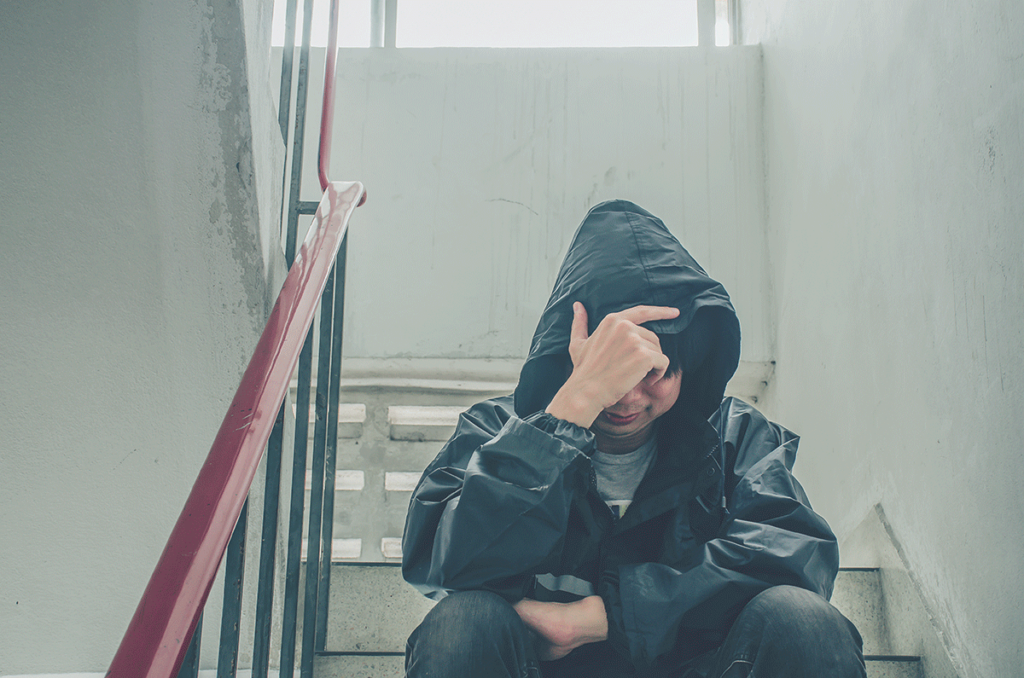2C-B, also known as tucibi or pink cocaine, is a powerful hallucinogenic drug that can have a number of recreational and dangerous effects. Like many other drugs, 2C-B can quickly lead to addiction, and many people will need professional drug addiction treatment in order to recover.
Call Promises at 844.875.5609 to learn more about our extensive treatment options and how we can help you or your loved ones recover.
What Is 2C-B and What Does It Do?
The first question that needs to be answered is, “What is 2C-B?” It is a synthetic hallucinogen that is often combined with or sold as different drugs. It is cheap for illicit drug manufacturers to produce and creates powerful effects that make it a common recreational drug.
2C-B can produce effects such as:
- Visual hallucinations
- Auditory hallucinations
- Tactile hallucinations
- Euphoria
- Nausea and vomiting
- Anxiety or panic
- Heart palpitations
These effects are comparable to other drugs, such as LSD or mescaline. Therefore, many street-level dealers will sell tucibi disguised as these more well-known or desirable drugs.
The moniker “pink cocaine” comes from how some drug dealers mark their product as containing 2C-B. Most 2C-B, when not heavily adulterated, looks like a white powdery or crystalline substance, not unlike cocaine. In order to differentiate the drug from its lookalikes, manufacturers will often combine the product with red food coloring to give it a pinkish hue.
2C-B was first synthesized in the 1970s and became a popular recreational drug in the 1980s. At first, 2C-B was completely legal—until the harms and dangers of using this drug became apparent. In 1995, the Drug Enforcement Administration classified 2C-B as a Schedule I controlled substance, making it illegal to possess, purchase, or sell this substance.
Risks of 2C-B Use
Like many other recreational drugs, 2C-B use is not without significant risks. People who take this drug can experience physical effects, such as increased heart rate and blood pressure, vomiting, and significant GI discomfort. But as a hallucinogen, many of the most severe risks stem from the psychological effects the drug can have.
2C-B produces its powerful hallucinogenic effects for between four to eight hours. The potential for a “bad trip”—or a psychedelic experience dominated by negative, anxious, and fearful thoughts—is exceptionally high.
Furthermore, taking a psychedelic drug can often trigger underlying mental health concerns that the person is unaware of, such as depression, anxiety, or even schizophrenia.
Additionally, 2C-B is often adulterated with several other drugs that can lead to overdose or other adverse physical health consequences. 2C-B is often pressed into pills containing MDMA or LSD without the buyer being aware that there are multiple substances present, which can lead to devastating consequences.
2C-B Addiction and Treatment
In fact, 2C-B isn’t generally considered to be physically addictive. However, it can quickly become a psychological addiction that is incredibly difficult to overcome alone. People addicted to this drug may show signs such as:
- Loss of interest in hobbies or activities that used to be important
- A constant preoccupation with substance use
- Worsening mental health as a result of 2C-B use
- An inability to stop 2C-B use on their own
Thankfully, professional addiction treatment can help people overcome a 2C-B addiction and learn how to live healthier lives in recovery.
Find Drug Addiction Treatment at Promises
At Promises, our team of specially trained clinicians and medical providers is dedicated to helping anyone overcome a substance use disorder. With evidence-based therapies, targeted medications, and compassionate support, anyone can overcome addiction and achieve a lasting recovery.
Call Promises today by dialing 844.875.5609 to learn about our comprehensive treatment options and how we can help you achieve recovery once and for all.

